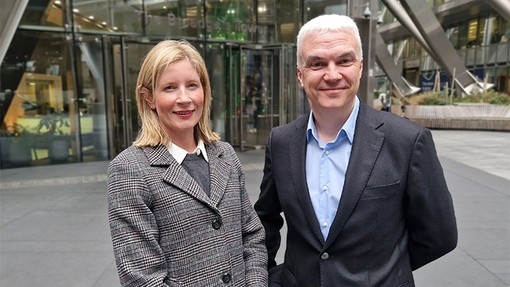Coronavirus: advice for businesses

Details
The number of confirmed cases of coronavirus (COVID-19) in the UK continues to grow, with no region unaffected. The WHO (World Health Organization) has raised its global risk assessment of COVID-19 and classified it as a pandemic. As public concern around coronavirus grows, we are also seeing an increase in queries from businesses asking for our advice on how they should deal with the various issues that may arise – contracts being cancelled, difficulties with performance and non-payment of sums due. Following on from our previous article, our commercial litigation team has put together some practical guidance for parties continuing on a business as usual basis and contemplating entering into new contractual arrangements.
Force majeure
Parties have limited remedies under English common law when a contract becomes impossible to perform. Many parties prefer to rely on a force majeure clause in their contracts. The purpose of a force majeure clause is to excuse a party from performance of a contract following the occurrence of an event beyond the reasonable control of the party which has hindered contractual performance or made it impossible. In essence such clauses relieve a party from the consequences of a failure to comply with contractual obligations where that failure is due to the occurrence of an event outside its control. Consider the value of including reference to epidemics/pandemics and expressly COVID-19 in your force majeure clause. Such a clause may also allow for termination of the contract without any liability. A force majeure clause can cover existing or foreseeable events and so express reference to COVID-19 remains an option. Some clauses can also provide for suppliers and manufacturers to prioritise resources to its customers as it sees fit in a force majeure situation. This may be of particular interest where suppliers and manufacturers are being asked to prioritise supplies or divert capacity to assist the crisis.
Consider termination rights
Pre-contract, parties should pay particular attention to those clauses dealing with termination rights, termination events and cancellation costs. Being fully aware and upfront about some issues can remove uncertainty and ambiguity at a later date.
Material Adverse Effect (MAE) clauses
Another option is to include an MAE clause which allows a party to terminate a contract where an MAE is established. Bespoke drafting will normally be required to cover off what will amount to an MAE in your contract. They are usually drafted to focus on the effect of circumstances on a business (rather than the occurrence of a particular event), for example if turnover or profits falls below a particular level, the clause could be invoked. They can also be useful if the contract has a start date which is some way ahead of the date of entering into the contract, and can provide for the parties to walk away prior to the start date if the financial status of the parties change in advance of the start date.
Commercial terms - representations, warranties and undertakings
Careful consideration is required as to whether given recent and ongoing events the drafting of such clauses are appropriate. Whilst there is an opportunity, revisit the issue of carve-outs or qualifications, limitations on liability or disclosures in respect of the basic commercial terms. Consider whether performance will be possible and continue to be possible. Strict service level agreements, mandatory targets or obligations to deliver by particular milestones or within strict timescales might put suppliers in breach of contract simply due the pressure on the supply chain.
Insurance arrangements
Revisit the issue of which party is required to arrange cover for a project. Insurance may no longer be possible or much more expensive.
Choice of law and jurisdiction clauses
Another clause that needs careful consideration is the choice of law and jurisdiction clause. If a dispute arises, where is it best for your business for the dispute to be heard? Would you prefer any dispute to be dealt with confidentially rather than aired in public? Is arbitration a better option than court proceedings?
Other practical steps
All businesses will be experiencing uncertainty at this time and it is worth taking an open approach and tackling these issues head on rather than saying nothing and hoping for the best.
It is also worth businesses reviewing their material contracts and getting ahead of the issue, contacting counter-parties and agreeing how existing terms might be amended. Companies can generate significant goodwill in recognising the issues faced by the public and businesses (the recent decision by RBS to suspend mortgage payments for some customers being a good example).
In many circumstances, both parties in a contract will be affected in some way so taking an amicable approach at an early stage to vary contractual terms during a period of uncertainty with some practical work-around steps may be welcomed by both parties.
Our firm is advising clients on various issues related to COVID-19. Our dispute resolution, commercial, commodities, and health teams can advise you on the drafting, enforceability and invocation of force majeure clauses in your existing or potential new contracts. We also provide sensible, pragmatic advice to ensure long-term valuable commercial partnerships are not irreparably damaged by disputes or non-performance of contracts over the coming weeks and months. For more information, please contact Fiona Parry and Iain Campbell (dispute resolution team) and Megan Bentham (Commercial, IP and IT team).
For businesses considering the implications of coronavirus on their employees and for other articles on this topic, see our coronavirus hub.





